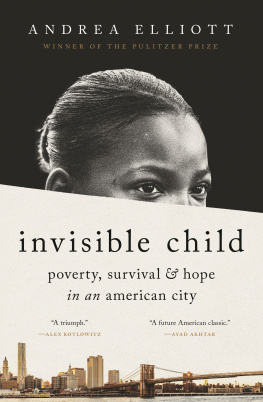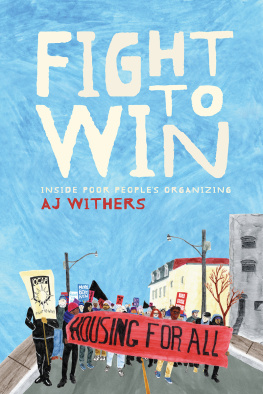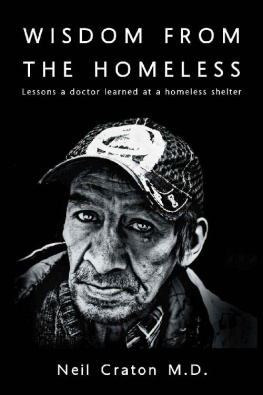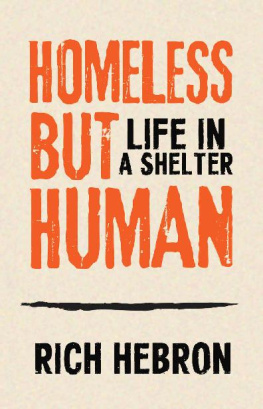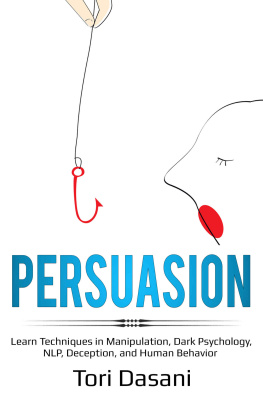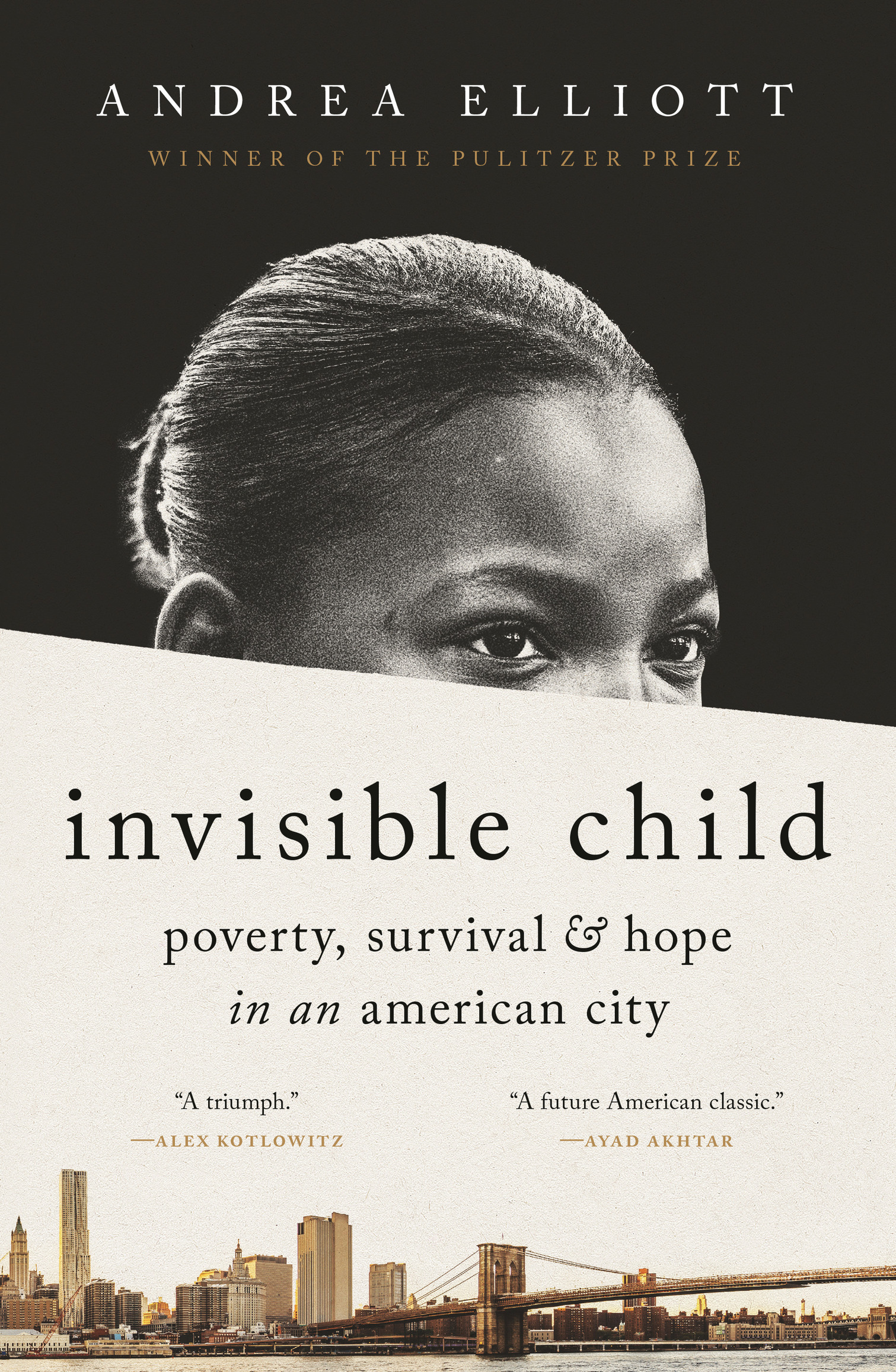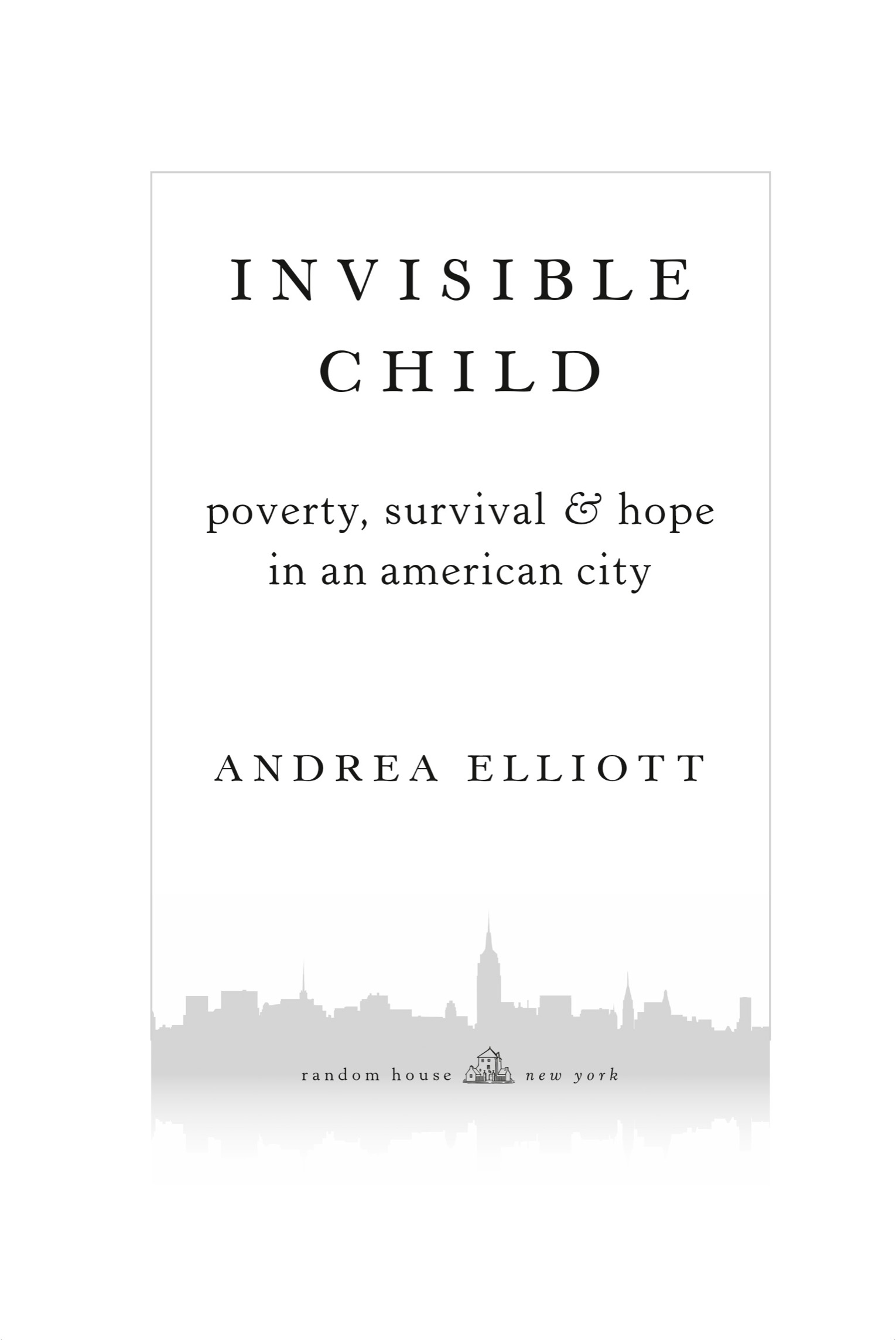Contents
Landmarks
Print Page List
Copyright 2021 by Andrea Elliott
All rights reserved.
Published in the United States by Random House, an imprint and division of Penguin Random House LLC, New York.
Random House and the House colophon are registered trademarks of Penguin Random House LLC.
Portions of this work were originally published in The New York Times.
Grateful acknowledgment is made to the following for permission to reprint previously published material:
Hal Leonard LLC: Excerpt from Papa Was a Rolling Stone, words and music by Norman Whitfield and Barrett Strong, copyright 1972 by Stone Diamond Music Corp. Copyright renewed. All rights administered by Sony Music Publishing LLC, 424 Church Street, Suite 1200, Nashville, TN 37219. International copyright secured. All rights reserved. Reprinted by permission of Hal Leonard LLC.
Alfred A. Knopf, an imprint of the Knopf Doubleday Publishing Group, a division of Penguin Random House LLC and Harold Ober Associates: Excerpt from Harlem [2] from The Collected Poems of Langston Hughes by Langston Hughes, edited by Arnold Rampersad with David Roessel, Associate Editor, copyright 1994 by the Estate of Langston Hughes. Digital and audio rights are controlled by Harold Ober Associates. All rights reserved. Reprinted by permission of Alfred A. Knopf, an imprint of the Knopf Doubleday Publishing Group, a division of Penguin Random House LLC and Harold Ober Associates.
Library of Congress Cataloging-in-Publication Data
Names: Elliott, Andrea, author.
Title: Invisible child : poverty, survival, and hope in an American city / Andrea Elliott.
Description: First edition. | New York : Random House, an imprint and division of Penguin Random House LLC, [2021] | Includes index.
Identifiers: LCCN 2021012357 (print) | LCCN 2021012358 (ebook) | ISBN 9780812986945 (hardcover) | ISBN 9780812986969 (ebook)
Subjects: LCSH: Coates, Dasani, 2001 | Homeless childrenNew York (State)New YorkBiography. | African American homeless childrenNew York (State)New YorkBiography.
Classification: LCC HV4506.N6 E45 2021 (print) | LCC HV4506.N6 (ebook) | DDC 362.7/75692097471dc23
LC record available at lccn.loc.gov/2021012357
LC ebook record available at lccn.loc.gov/2021012358
Ebook ISBN9780812986969
randomhousebooks.com
Book design by Jo Anne Metsch, adapted for ebook
Cover design: Pete Garceau
Cover images: based on the image by Ruth Fremson/The New York Times/Redux (Dasani); FilippoBacci/Getty Images (skyline)
ep_prh_5.8.0_c0_r0
For these are all our children.
We will all profit from, or pay for,
what they become.
James Baldwin
contents
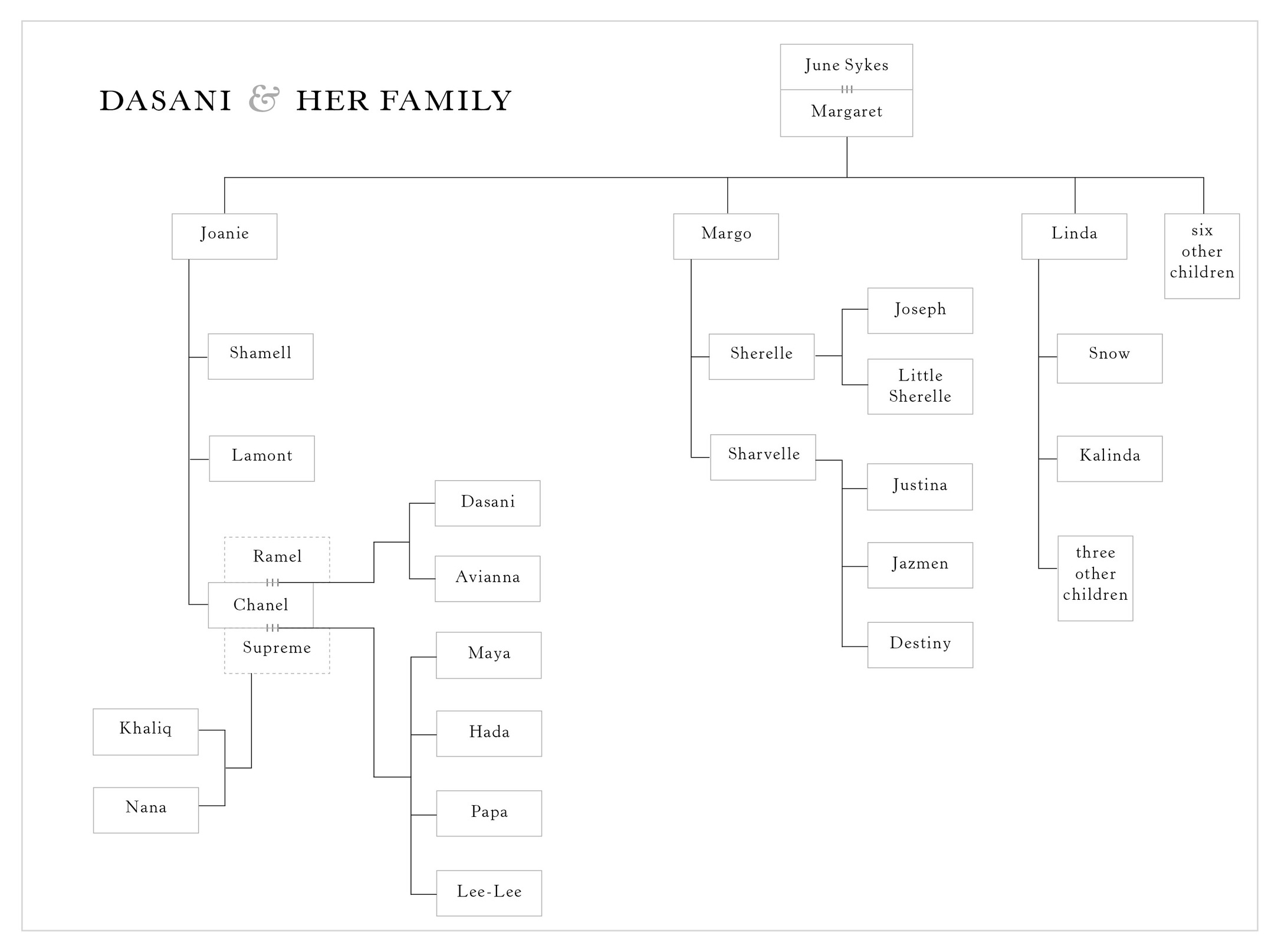
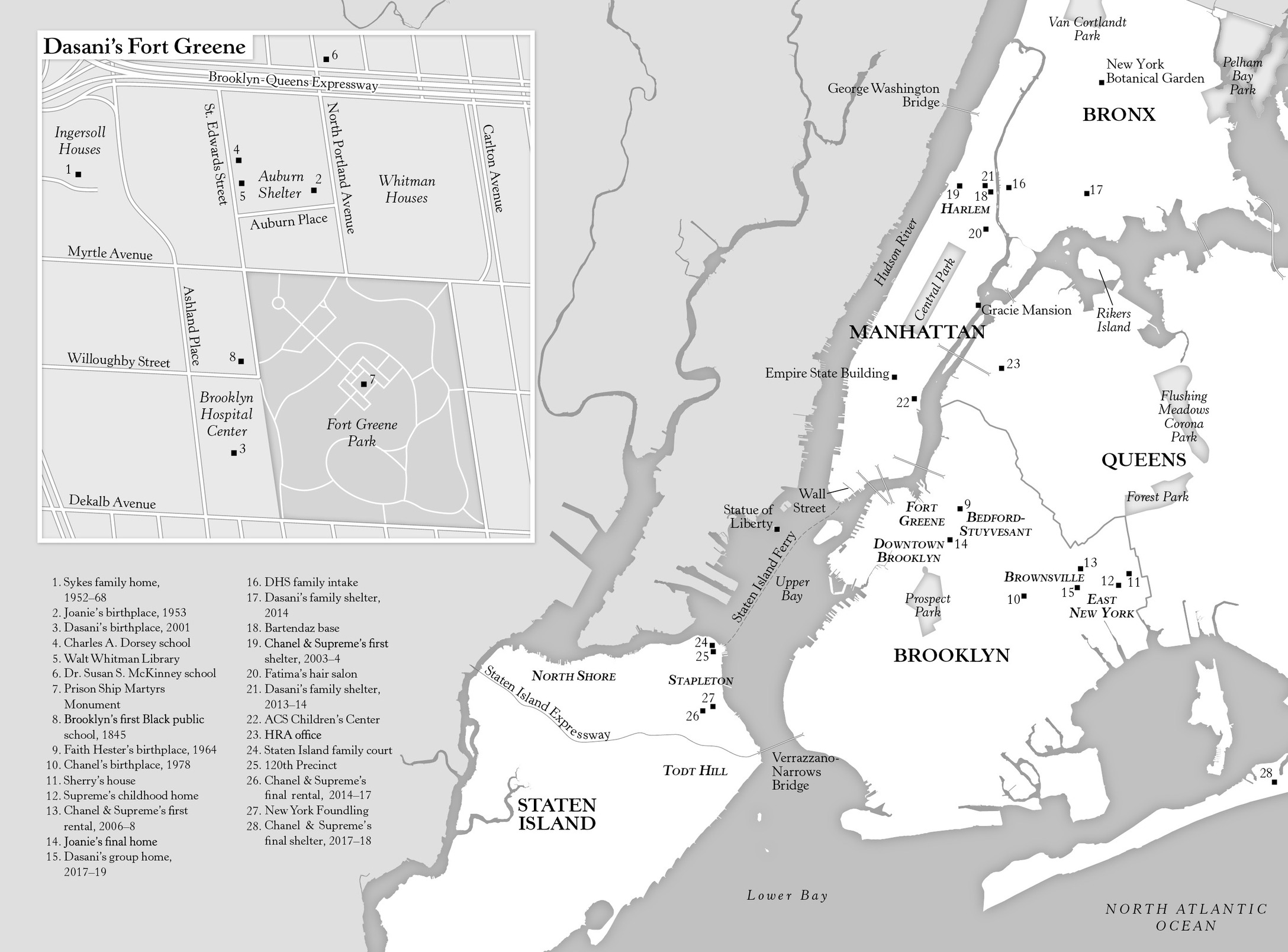
authors note
This is a work of nonfiction. No facts have been altered and no names have been changed. Ten of the children are identified by their nicknames, and several of the adults by their street names. I witnessed most of the scenes I describe in this book. My reporting also draws from thousands of records, hundreds of interviews, and many hours of video and audio recordings. For more detail, please see the afterword and notes.
prologue
OCTOBER 6, 2015
First they came for Papa.
The eight-year-old boy asked no questions. He knew to be quiet in the presence of strangers. Two women led him into a silver van. Papa looked out the window as the ignition started. There was his school, a rectangle of brick that got smaller and smaller as the van pulled away.
Eleven miles south, another van collected Papas brother from his school and four sisters from their schools, delivering all six siblings to the same place: the Staten Island office of New York Citys child protection agency.
Only the youngest child remained.
The van turned east, heading up Laurel Avenue toward a white clapboard duplex with a boarded-up window. There, on the sidewalk, stood Baby Lee-Lee with her father. The toddler hid behind his legs.
As the van slowed to a halt, the father wiped his face. His daughter was too little to understand what was happeningthat the people in the van were child protection workers. That the court had ordered them to take Lee-Lee and her siblings away. That the parents were being accused of neglect. That they had neglected, among other things, the condition of their home.
A moment passed. The van door opened. A caseworker stepped onto the sidewalk and paused. The father gathered Lee-Lee up and placed her in the van, promising to come for her tomorrow.
That evening, the siblings were transferred to a child protection facility in Lower Manhattan, formerly the site of the Bellevue Hospital morgue. They stepped through a metal detector, trading their street clothes for matching maroon jumpsuits.
Their fathers words kept ringing.
Whatever happens, stay together.
This much they had tried, for all of their short lives. Eight children, sixteen hands clasped into one chain. Like this they had dashed across the highway or played Ring Around the Rosie, lifting up and crashing down while never letting go. They had learned this from their parents, who had learned it from their parents.
Now the chain was breaking. The strongest link was already gone.
Her name was Dasani.
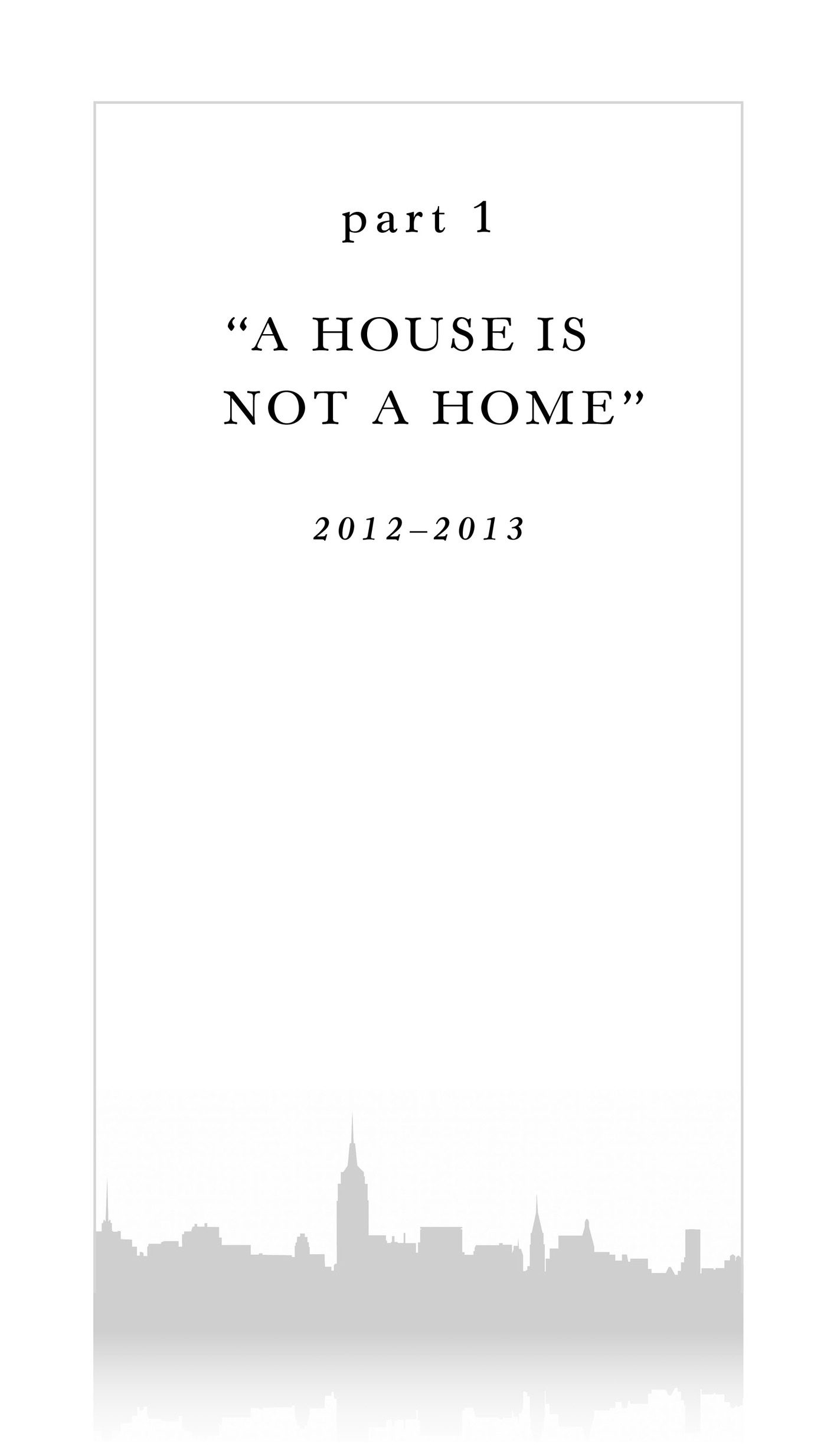
chapter 1
S he wakes to the sound of breathing.
The smaller children lie tangled under coats and wool blankets, their chests rising and falling in the dark. They have yet to stir. Their sister is always first.
She looks around the room, seeing only silhouettesthe faint trace of a chin or brow, lit from the street below. Mice scurry across the floor. Roaches crawl to the ceiling. A little sink drips and drips, sprouting mold from a rusted pipe.
A few feet away is the yellow mop bucket they use as a toilet, and the mattress where the mother and father sleep clutched. Radiating out from them in all directions are the eight children they share: two boys and five girls whose beds zigzag around the baby, her crib warmed by a hair dryer perched on a milk crate.
They have learned to sleep through anything. They snore with the pull of asthma near a gash in the wall spewing sawdust. They cough or sometimes mutter in the throes of a dream. Only their sister Dasani is awake.
Dasani is tiny for an eleven-year-old and quick to startle. She has a delicate oval face and luminous eyes that watch everything, owl-like. Her expression veers from mischief to wonder. People often remark on her beautythe high cheekbones and chestnut skinbut their comments never seem to register. What she knows is that she has been blessed with perfect teeth. When braces are the stuff of fantasy, straight teeth are a lottery win.
Slipping out from her covers, Dasani goes to the window. On mornings like this, she can see all the way past Brooklyn, over the rooftops and the projects and the shimmering East River. Her eyes can travel into Manhattan, to the top of the Empire State Building, the first New York skyscraper to reach a hundred floors. This is the type of fact that she recites in a singsong, look-what-I-know way. She fixes her gaze on that distant temple, its tip pointed celestially, its facade lit with promise.

